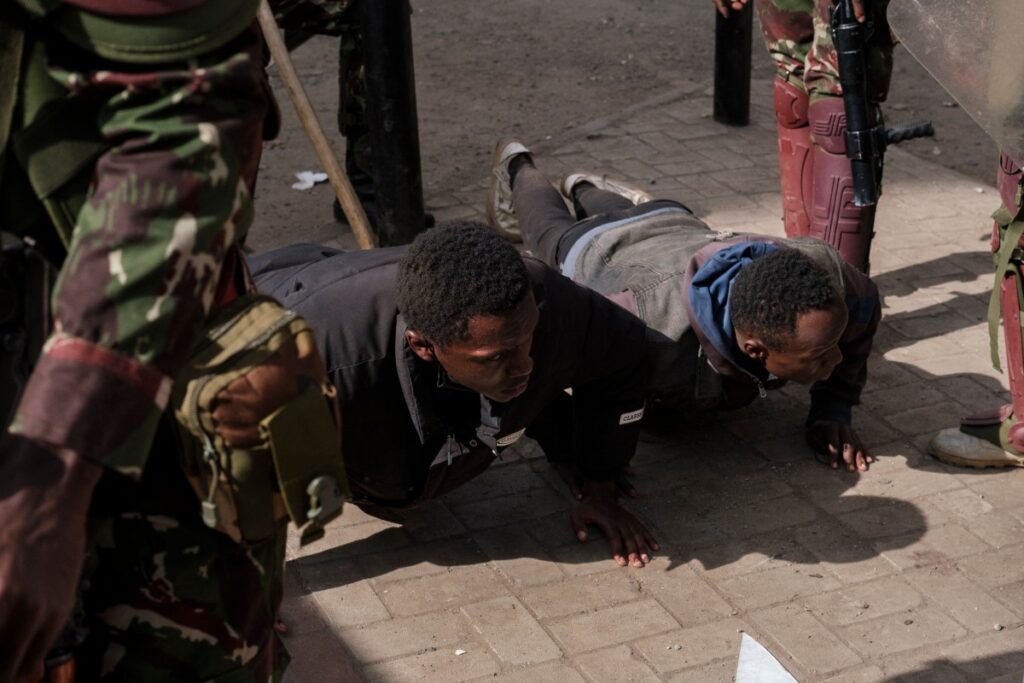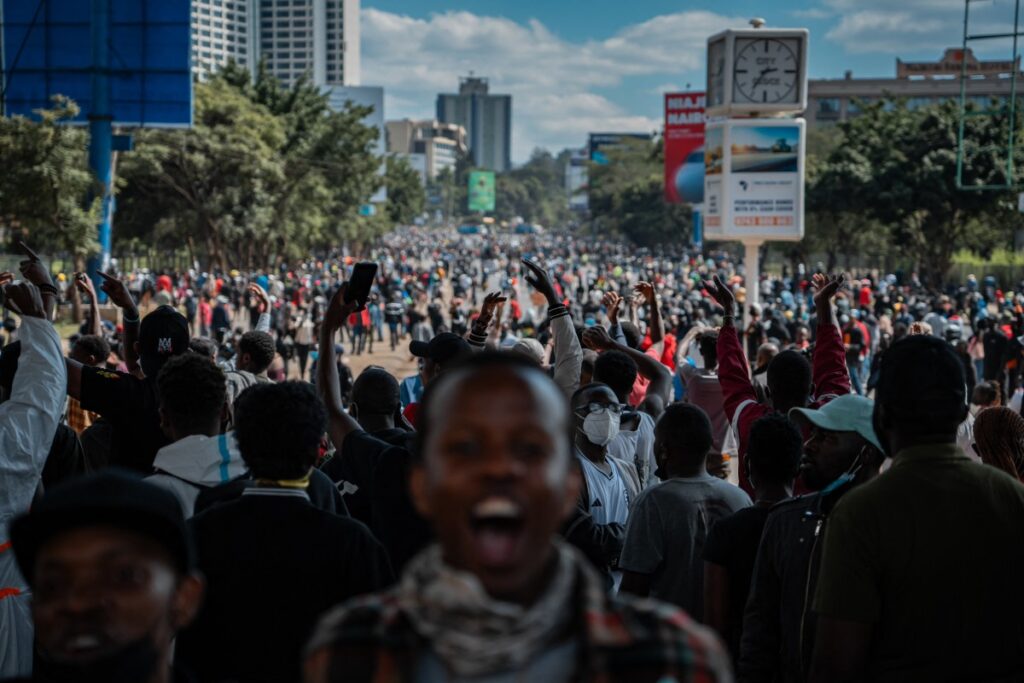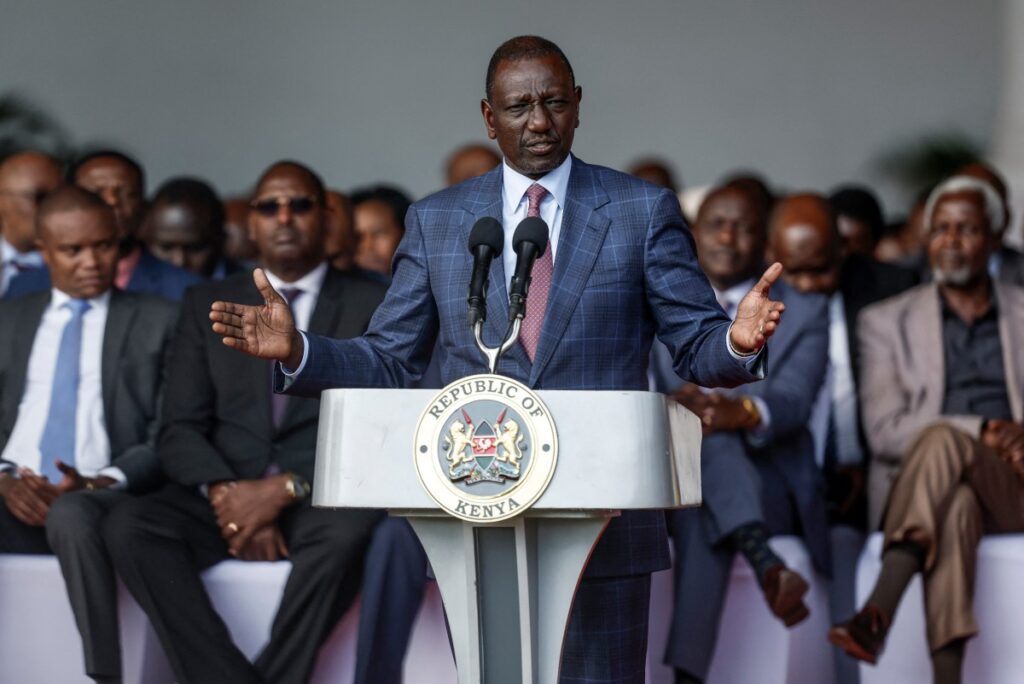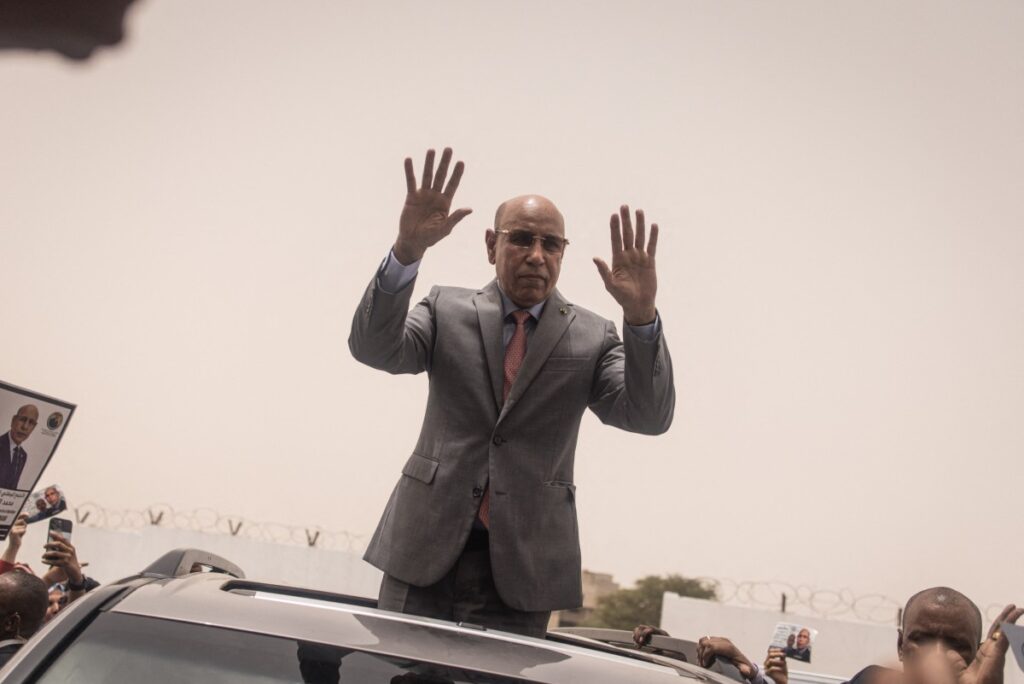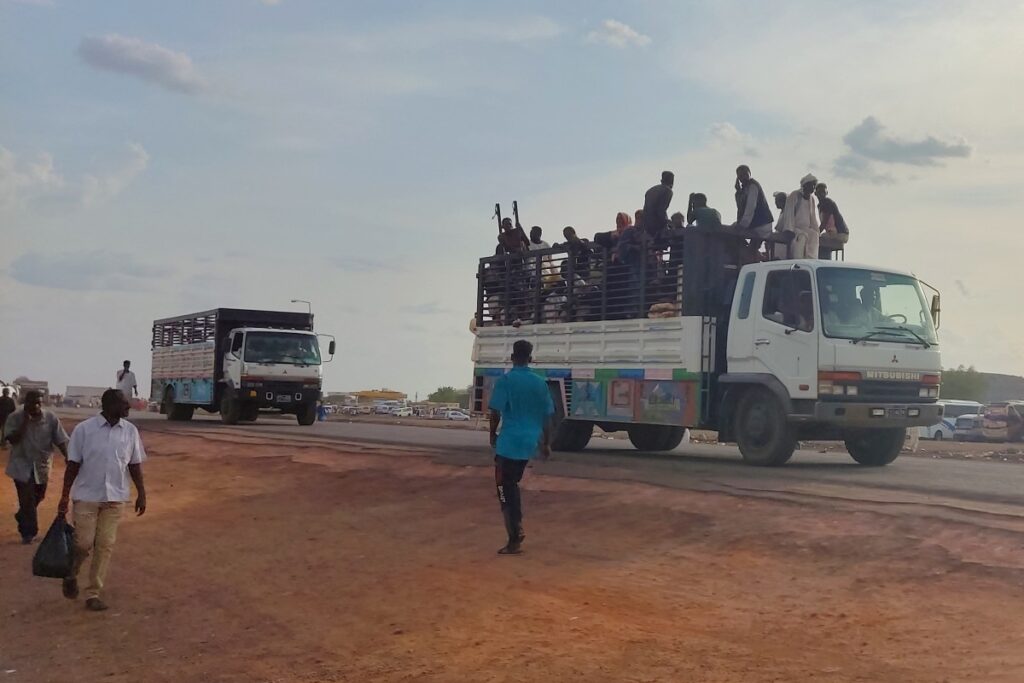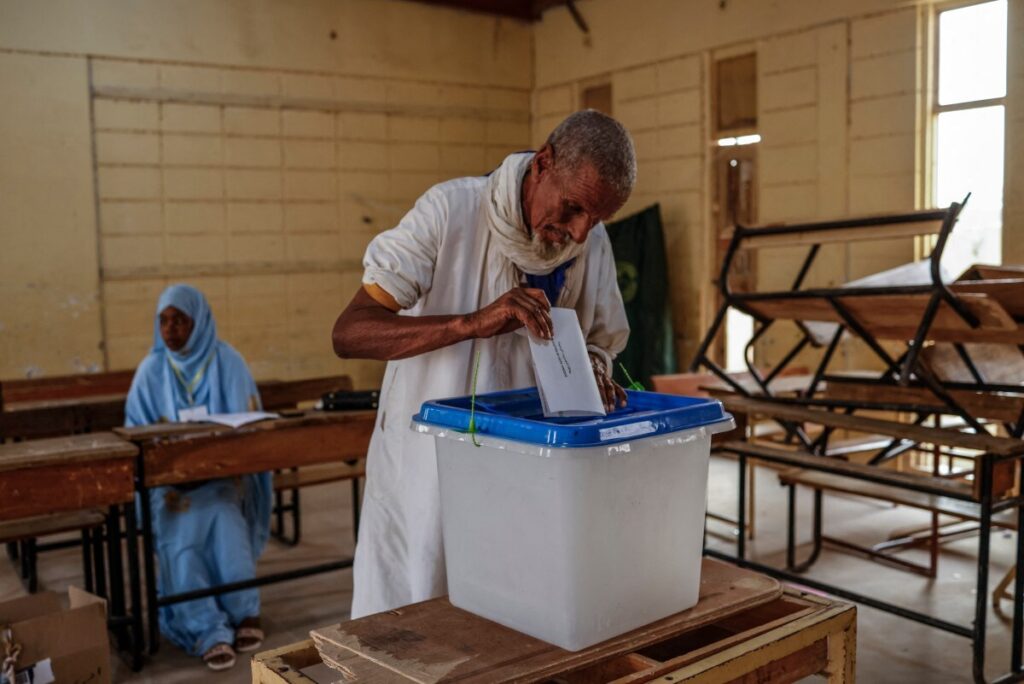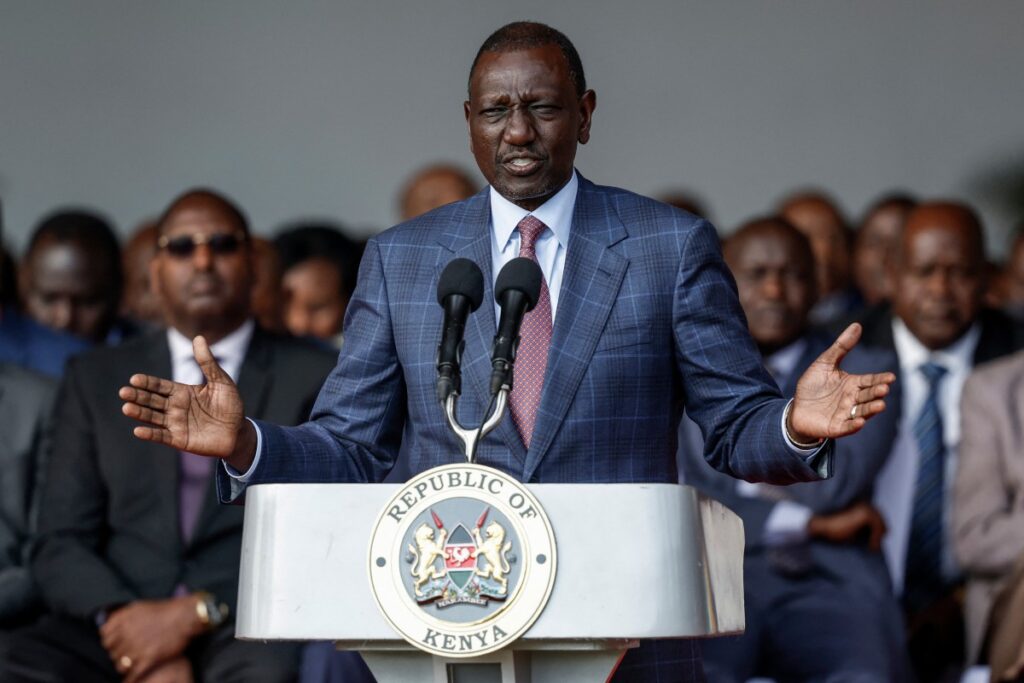
Market traders in Togo are lamenting about a lack of power supply after Nigeria cut off electricity to some West African countries
The Nigerian Electricity Regulatory Commission (NERC) had recently directed the grid operator to cut back on supplies to customers overseas to boost domestic supply.
NERC, in a directive issued last Friday, said the grid operator’s current approach to managing supply has caused significant hardship for Nigerians because supply under bilateral contracts, including export to international customers, takes priority over supply to domestic customers.
Some West African countries have been reported to be plagued by outages for weeks, and the crisis worsened in early May to the point where some parts of the Lome, the Togolese capital, were without power all day.
Kofidjin Amouzou, a food wholesaler in downtown Lome, told AFP that she recently had to throw away $500 worth of rotting fish because his freezer broke down during Togo’s devastating power outages.
“I’m angry because it’s becoming more and more unbearable,” shopkeeper Nadege Ediyo told AFP, speaking from the dark entrance of her cosmetics store.
“No one is telling us clearly what’s going on.”
Faced with rising discontent, national electricity company CEET issued a statement earlier this month blaming “difficulties in the supply of natural gas at the national level, leading to restrictions from our external suppliers.”
Regional powerhouse Nigeria, which suffers from frequent load shedding itself, has limited its electricity supplies to Togo, Niger and Benin since May 1 for a period of six months.
The consequences were immediately felt in Togo, which imports a large part of its electricity from Nigeria and is several million dollars in debt to the Nigerian electricity operator, according to accounts the operator published.
Hair salon manager Jean Digla said it had become “a real ordeal”.
He said his daily income had plummeted to between 3,000 and 5,000 CFA francs ($5-8) — where before it was three times higher.
“The situation is suffocating us,” said Digla.
“Who will reimburse us for our losses? Enough is enough,” a restaurant manager in Lome told AFP.
– Freezers and generators –
Some businesses have been hit especially hard.
“My main freezer is damaged, my products spoil every day and my losses have been enormous since the power cuts,” said Afiwa Nadou, manager of a frozen food store in Lome’s Be district market.
Others have profited. — business is booming at Tokoin Ramco, home to a small generator market.
“Our sales have soared, and the crowds are great,” said dealer Ahmed Abou. Generator rental and repair shops are doing well too.
Most, though, are struggling — and the government faces mounting calls to take action.
“This disastrous situation is the direct consequence of calamitous and haphazard management of state resources,” said Edoh Komi, head of the MMLK civil society organisation.
“The state must take appropriate measures to prevent this crisis from continuing,” warned Emmanuel Sogadji, head of the Togo Consumers League.
The electricity crisis comes at a time of political tensions in Togo, following a contested constitutional reform that gave President Faure Gnassingbe the opportunity to extend his already nearly two-decade rule.
At a press conference on Saturday, Energy Minister Mila Aziable denied Togo’s debt to the Nigerian operator was behind the drop in electricity supply.
She said maintenance work on power plants in Ghana and “major work on gas transport infrastructure in Nigeria” were to blame for a lack of gas and electricity not only in Togo, but also in Benin, Ghana and Nigeria.



